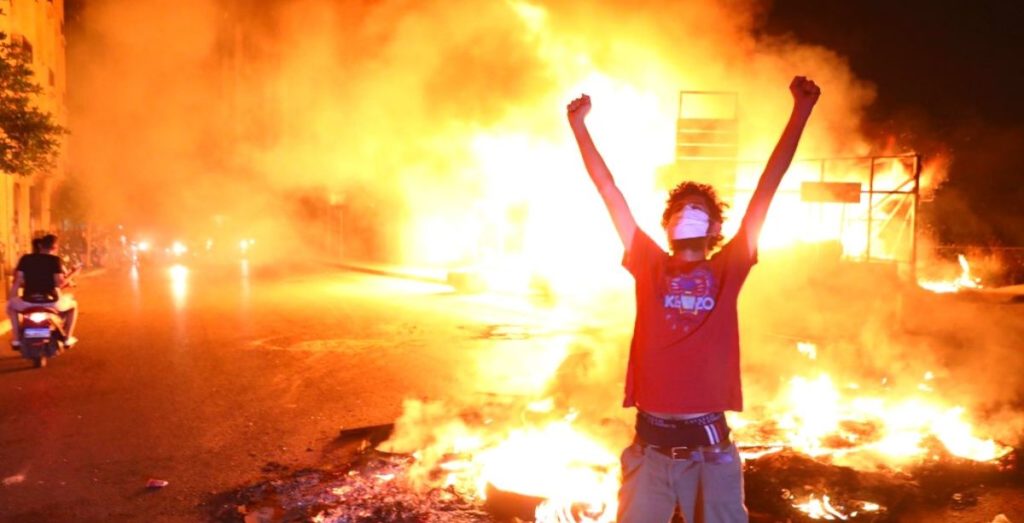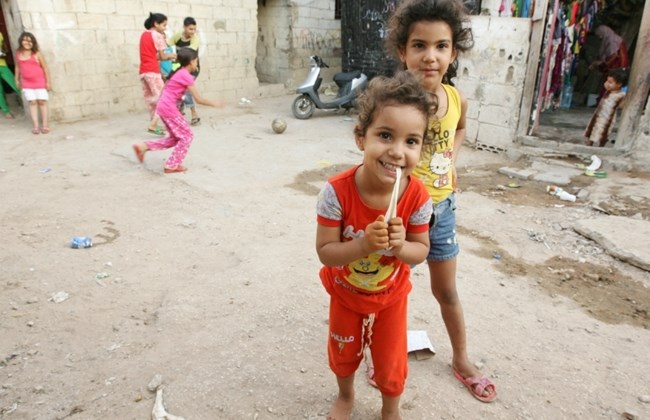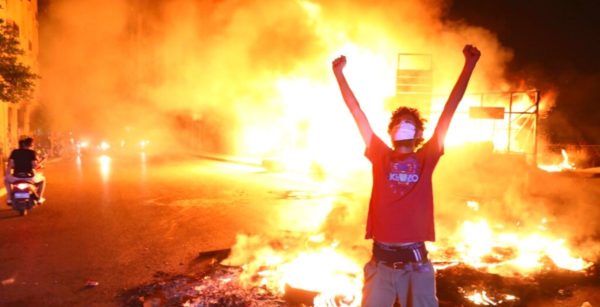
(Beirut) – Lebanese authorities are failing to address the acute economic and political crisis that is endangering people’s basic rights, Human Rights Watch said today in submitting a report to the United Nations Human Rights Council in advance of the next periodic review of its human rights situation. The country, whose Universal Periodic Review is set to take place in January 2021, has not made progress on a number of recommendations it accepted following its previous review in 2015.

“Lebanon’s people are being robbed of basic rights every day while politicians squabble over the size of the country’s financial losses and hamper efforts at reform,” said Aya Majzoub, Lebanon researcher at Human Rights Watch. “Lebanon should commit to undertaking the difficult but long-overdue reforms that will put its economy back on track and ensure that all residents have access to health care and education.”
Lebanon supported recommendations at previous review sessions for protecting peaceful protesters. But Lebanese security forces, including army personnel, internal security forces, and parliament police, have used excessive force on several occasions against demonstrators, especially following the country’s October 17, 2019 uprising – often with impunity. Lebanon continues to criminalize peaceful speech, and prosecutions against people exercising their free speech rights have increased sharply since 2015.
While Lebanon fulfilled its pledge to criminalize torture, the torture of people in custody is still prevalent, and accountability remains elusive. The 2017 anti-torture law fell short of civil society expectations and Lebanon’s obligations under international law. Lebanon continues to try civilians – including children – in military courts. At least two civilians have appeared before military courts on charges related to their involvement in the October 17 uprising.

During the 2015 UPR cycle, Lebanon received numerous recommendations related to provisions that were discriminatory against women in its personal status laws, nationality law, and penal code. Despite women’s active participation in all aspects of Lebanese society, many of these discriminatory provisions remain. Under the nationality law, children and spouses of Lebanese women do not have the same right to nationality as do children and spouses of Lebanese men. Personal status issuescontinue to be governed by 15 separate religious laws, all of which discriminate against women and none of which guarantee basic rights.
Lebanon’s penal code is still being applied to criminalize same-sex relations, and security forces have interfered with human rights events related to gender and sexuality based on spurious “morality” claims. Transgender women in Lebanon face systemic violence and discrimination in accessing basic services, including education, employment, health care, and housing.
Lebanon has not yet ratified the Convention on the Rights of Persons with Disabilities despite promising that it would during its last review. Although Lebanon’s Law 220/2000 grants people with disabilities the right to education, health, and other basic rights, implementation has been uneven. Lebanon’s Covid-19 response has overlooked people with disabilities, and children with disabilities cannot access remote education on an equal basis with others.
Despite supporting previous recommendations to “improve the legal situation of migrant workers” and to “take into particular consideration the vulnerable situation of migrants in the country,” Lebanon has failed to fulfill its pledge, and it has not extended labor law protections to domestic workers. Conditions for Lebanon’s estimated 250,000 migrant domestic workers have worsened in the midst of the economic crisis.

Lebanon’s health sector is struggling to provide patients with urgent and necessary life-saving medical care due to the government’s failure to provide private and public hospitals with the funds it owes them. In addition, a dollar shortage has restricted the import of vital medical equipment and led banks to curtail credit lines. Medical supplies, including gloves and masks, are scarce, compromising Lebanon’s ability to deal with the coronavirus outbreak.
HRW


Leave a Reply
You must be logged in to post a comment.